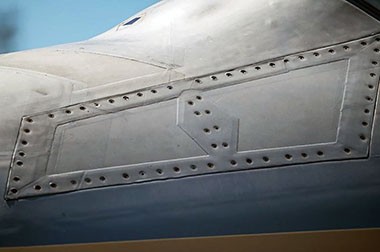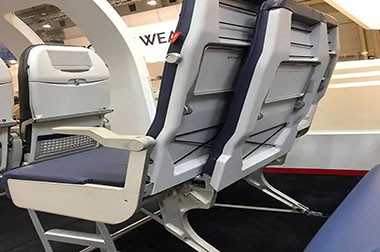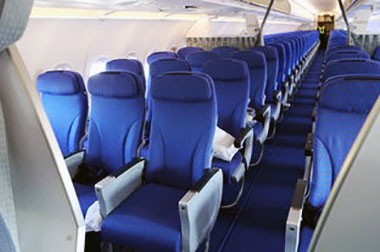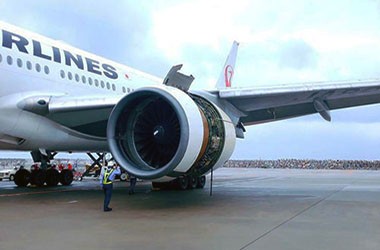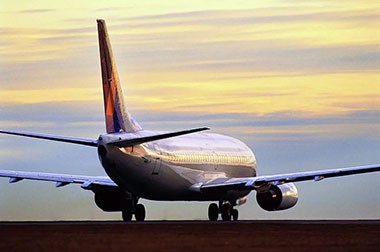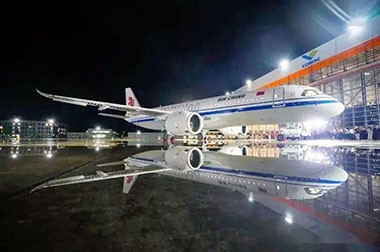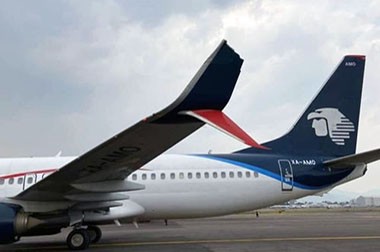Comparing Aircraft Aluminum Alloys: Strength, Weight, and Durability
Aircraft aluminum alloys are widely used in the aerospace industry due to their superior strength, light weight, and durability, making them ideal materials for aircraft structures. Different types of aluminum alloys exhibit different performance characteristics. Below is a comparison of several commonly used aircraft aluminum alloys (such as 2024, 6061, and 7075), focusing on strength, weight, and durability.
Aircraft Aluminum Alloys Strength
- Characteristics: 2024 aluminum alloy is a high-strength alloy with copper as the main alloying element. It has excellent tensile and fatigue strength.
- Applications: Commonly used in critical aircraft structural parts, such as wings and fuselage sections.
- Strength: The tensile strength can reach approximately 470 MPa (68 ksi), making it one of the stronger aluminum alloys.
- Characteristics: 6061 aluminum alloy is a medium-strength alloy with magnesium and silicon as the main alloying elements. It has good workability and weldability.
- Applications: Used for non-structural parts of aircraft, brackets, and frames.
- Strength: The tensile strength is around 310 MPa (45 ksi), which is relatively lower but offers good overall performance.
- Characteristics: 7075 aluminum alloy is a high-strength alloy with zinc as the main alloying element. It has extremely high strength and corrosion resistance.
- Applications: Widely used in military and aerospace for high-strength structural components such as wings and landing gear.
- Strength: The tensile strength can reach approximately 570 MPa (83 ksi), making it one of the highest-strength aluminum alloys.
Aircraft Aluminum Alloys Weight
The weight of aluminum alloys is mainly determined by their density, which typically ranges from 2.6 to 2.8 g/cm³ depending on the alloy composition.
- 2024 aluminum alloy: The density is approximately 2.78 g/cm³. Although it has high strength, it is relatively heavy.
- 6061 aluminum alloy: The density is approximately 2.70 g/cm³, making it a lightweight aluminum alloy suitable for applications with strict weight requirements.
- 7075 aluminum alloy: The density is approximately 2.81 g/cm³. Despite its high strength, it is relatively dense, leading to slightly higher weight.
Aircraft Aluminum Alloys Durability
Durability primarily refers to the material's corrosion resistance, fatigue strength, and stability in varying environmental conditions.
2024 aircraft aluminum alloy
- Corrosion resistance: Poor, prone to corrosion in humid environments, typically requiring surface treatments (such as anodizing) to enhance corrosion resistance.
- Fatigue performance: Performs well in high-strength applications but may develop fatigue cracks over long-term use.
6061 aircraft aluminum alloy
- Corrosion resistance: Good, capable of resisting corrosion in most environments, making it suitable for various conditions.
- Fatigue performance: Performs well and is suitable for structural components requiring welding.
7075 aircraft aluminum alloy
- Corrosion resistance: Poor, especially without surface treatment, making it prone to corrosion; typically requires anodizing or coating.
- Fatigue performance: Excellent fatigue strength, suitable for components subjected to high cyclic loads.
Aircraft Aluminum Alloys Comparison
| Alloy Type | Tensile Strength (MPa) | Density (g/cm³) | Corrosion Resistance | Application Field |
| 2024 | 470 | 2.78 | Poor | Wing, fuselage structural components |
| 6061 | 310 | 2.70 | Good | Non-structural components, brackets, frames |
| 7075 | 570 | 2.81 | Poor | High-strength structural components, military aerospace parts |
When selecting aircraft aluminum alloys, it is crucial to consider factors such as strength, weight, and durability based on the specific application requirements.
- 2024 aluminum alloy is suitable for applications requiring high strength.
- 6061 aluminum alloy is better suited for structures that demand low weight and high corrosion resistance.
- 7075 aluminum alloy excels in high strength and fatigue performance, though its corrosion resistance needs attention.
In the aerospace industry, choosing the right aluminum alloy is key to ensuring aircraft structural safety and performance.

